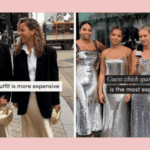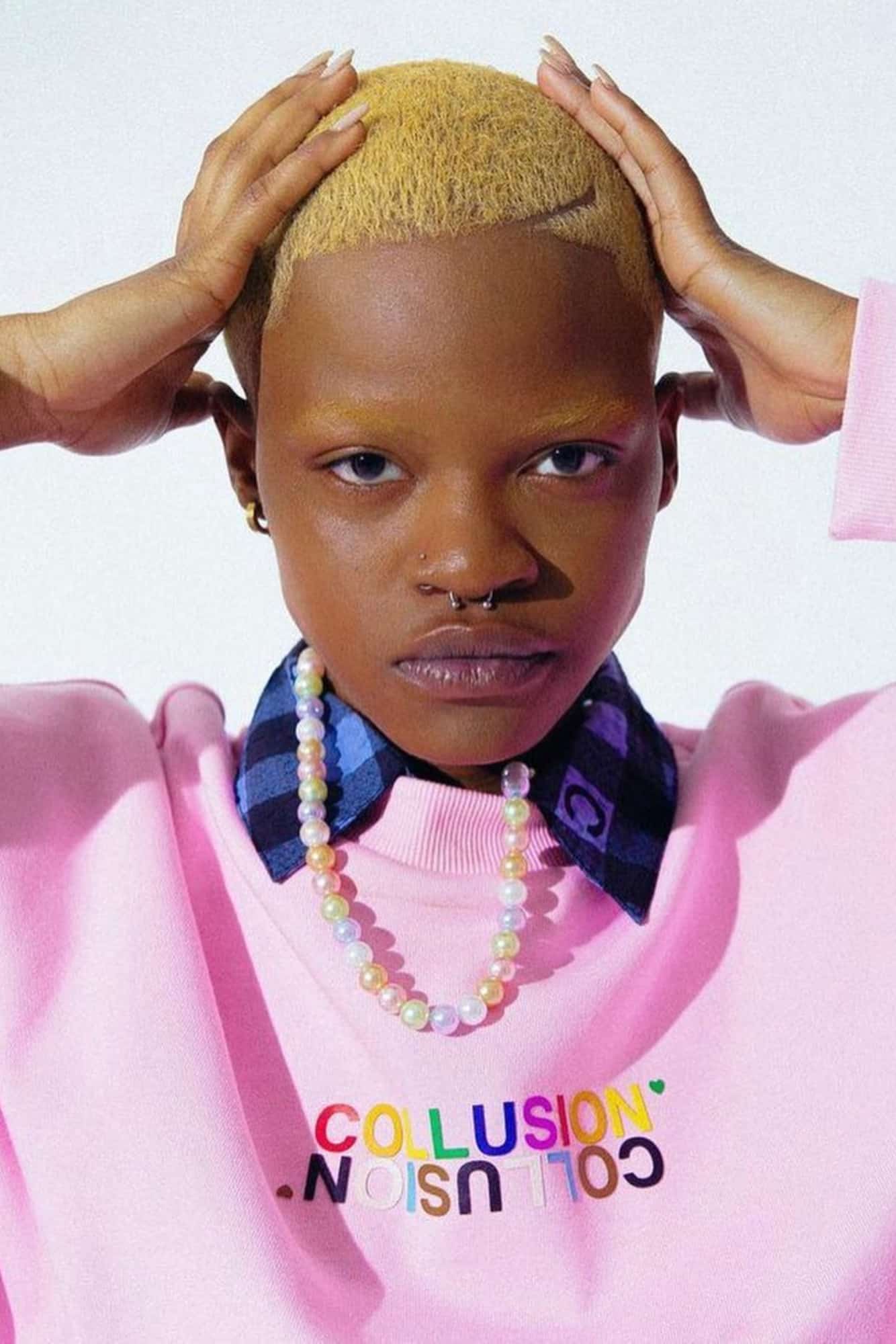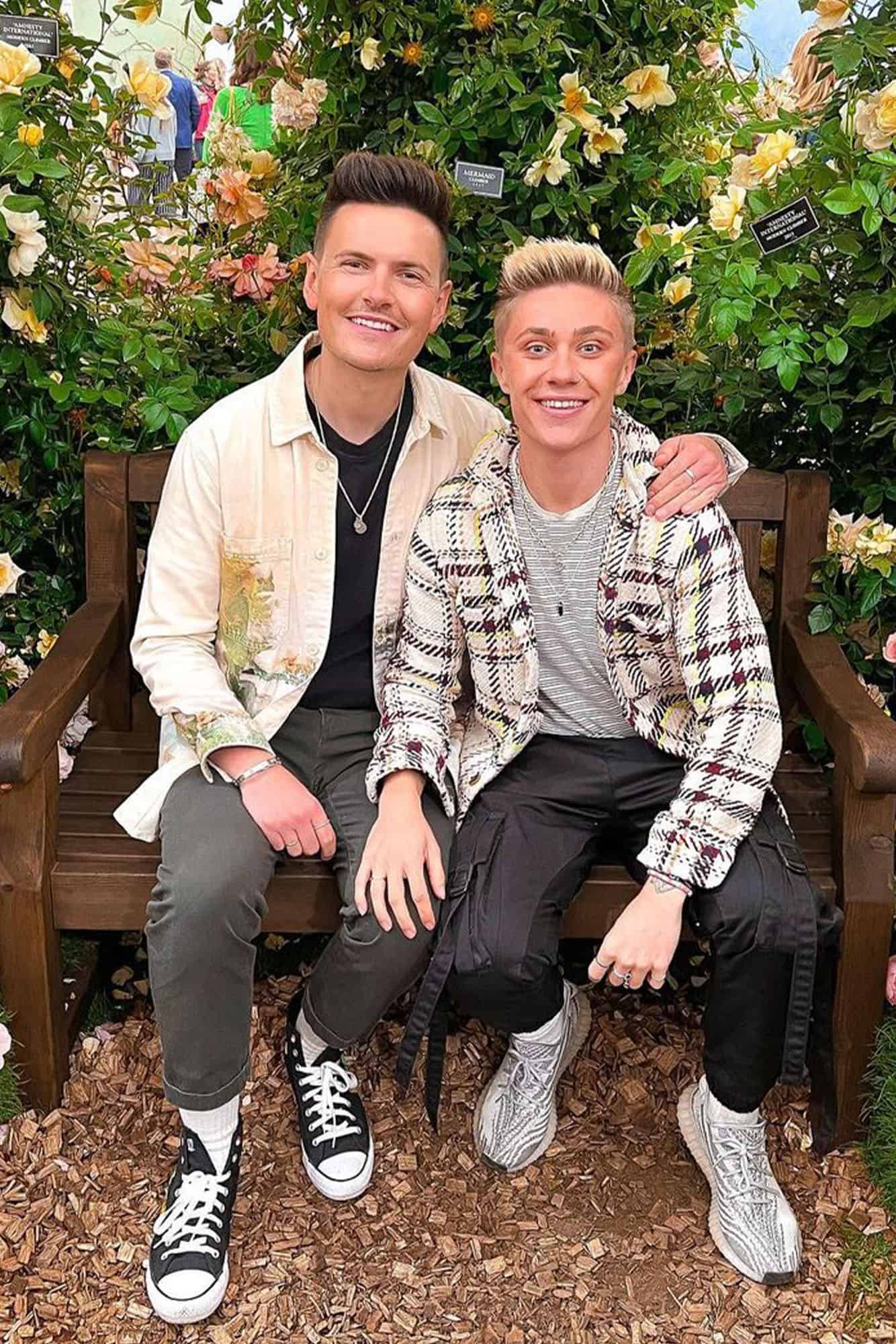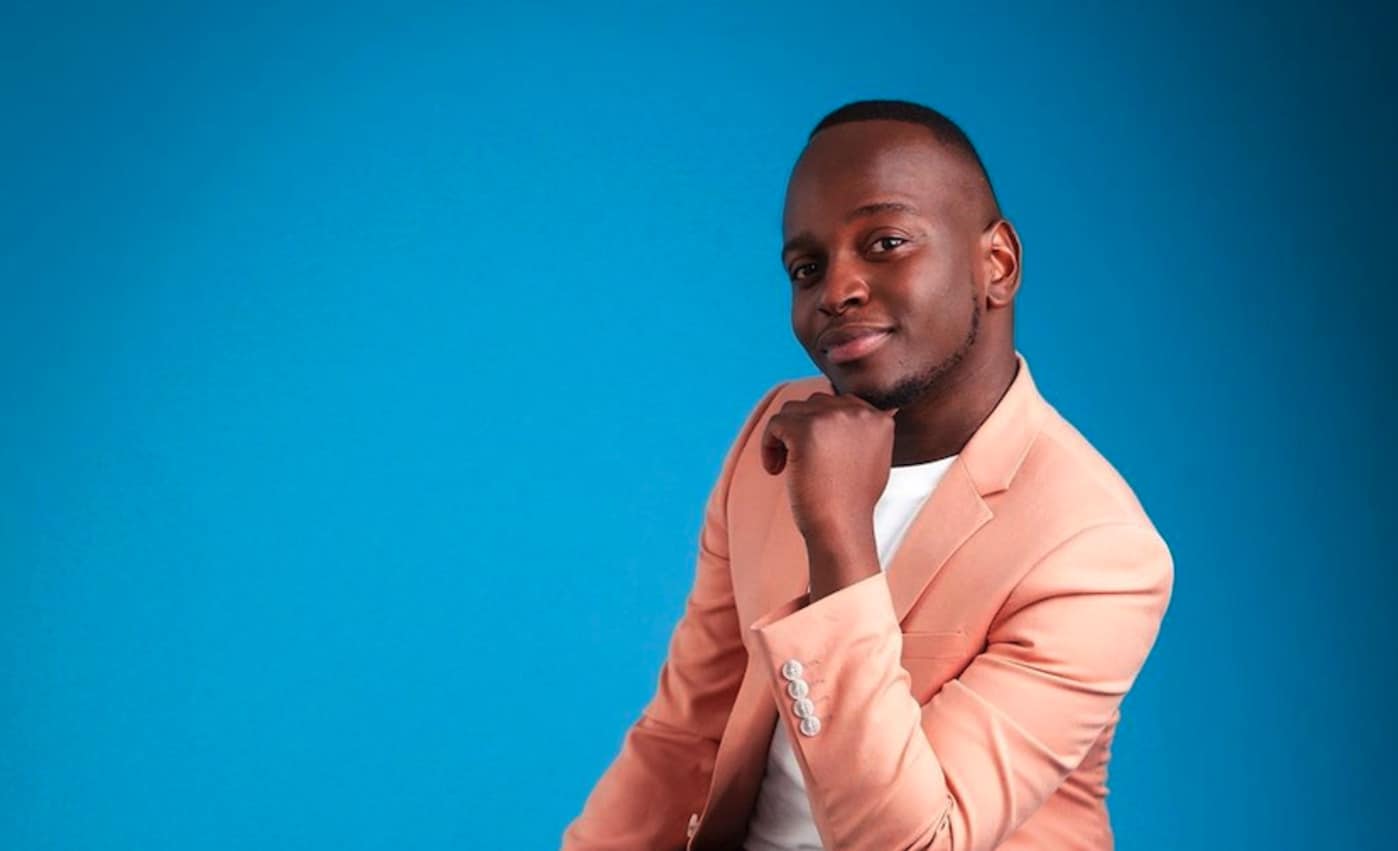Fewer events, inconsistent messaging, deleted social media posts – has this year marked both the worst threat to the LGBTQIA+ community and the worst support during Pride Month?
Of course, Pride isn’t just about Pride Month and Pride Month isn’t even just about June – with celebrations and events extending across the whole summer in multiple locations and July also marking Disability Pride Month.
But it’s a trap that brands often fall into: marking the 30 days on the calendar as their main opportunity to celebrate all things queer, colourful and inclusive before switching off the rainbow at the earliest opportunity.
For some, even that proves too difficult, with several companies criticised for swapping out their supportive logos after just a few days or even removing posts that received too much questioning.
For the LGBTQIA+ community, the quietness can be deafening.
As Ben Pechey tells CORQ: “It’s the worst it’s ever been in my lifetime.”
Key takeaways:
- LGBTQ+ groups are under threat, both in the UK and globally, particularly the drag and trans communities
- Brands need to do better at providing support during Pride Month and year-round – externally, but also internally with their own workforce and policies
- Those that still aren’t getting it right will be called out
- Creator, advocate and consultant Ben Pechey shares the best and worst of Pride Month, how brands can improve, and how it feels to be part of the community right now
- MAC Cosmetics has long been known for is strength in the space – read on to find out how the company is successful and why it’s important
Back at ground zero
Ben Pechey (they/them) is a digital creator, LGBTQIA+ advocate, writer, and diversity and inclusion consultant. They are also an ambassador for Diversity Role Models, an organisation that works to end LGBTQ+ bullying, and recently helped the charity raise £50,000 for 50 schools.
“Pride Month this year has been an interesting one. To start with it was very, very quiet,” Pechey says.
“Usually there’s a flurry in May where your calendar starts to fill up but there was a quietness and I realised it was the industry as a whole. Brands were reticent because of America and thought maybe it was better to do nothing and hide behind the cost-of-living crisis.”
Pechey references the US backlash Bud Light faced for working with trans actress Dylan Mulvaney and Target being forced to remove its LGBTQ Pride items. The climate in the UK isn’t much better, they add.
“Year-on-year, you should feel some improvement but it’s almost like we’re at ground zero again.”
Brands, with their deep pockets, high profiles and impressive campaigns, need to do more to make a stand. Pechey highlights both Converse and Asda as brands that should be acknowledged for the consistent and innovative way they support the community.
“The good is always the people that come back year-on-year and you have their continued support throughout the year,” they say.
“Asda works with Diversity Role Models and I think this is the third year they’ve given the charity £100,000, which is amazing. They also have a t-shirt with the ally heart for allies outside the community to show their support. That can be contentious but I think the more strength in numbers the better because the run on trans rights this year has been terrifying.
“Legislation law changes and conversations both in the US and UK means we are on the lowest trajectory we’ve ever had so brands showing up and being consistent is really important.”
On the other end of the scale, Innocent Smoothies faced criticism a few weeks ago for removing a post in support of trans youth after receiving a social media pile-on from anti-trans commentators.
“They pile on this post and they filled the comments with hatred, misery, myths, truths, misinformation. And instead of using it as an opportunity to say ‘this is what we believe, this is something we want to support’, they felt that because the language was unpleasant and hostile, they just pulled it,” Pechey says.
“So suddenly there was no support for the community and no visibility for trans youth. That is when it’s handled wrong.”
CORQ contacted Innocent Smoothies for a response on this but received no reply.
You may also like
Protecting future generations
As a consultant, Pechey has plenty of first-hand knowledge of how companies work on their strategies, reflect on their experiences and look to make improvements – but says the LGBTQ+ community and internal policies on how to respond to such social media backlash still struggle to make the priority list.
“It’s not something brands are thinking about. A lot of diversity and inclusion groups are voluntary roles, which they’re trying to do alongside their job role. So even in the organisations that do have groups that are trying, there’s only so much they can do. That’s why it’s failing,” they say.
“For a lot of people, starting to think about this is day one for them, whereas I’ve been living it my whole life. I’ve had companies say they don’t have a diverse workforce or industry so it’s more difficult for them but that’s on them and their hiring and retainment.
“And they will have those people in their workforce but they must not feel able to be themselves at work which means they’re giving less. A safer workplace, a more diverse workplace, is also a more productive business.”
For brands, Pechey advises against “skipping the difficult stuff” and focusing solely on the “love is love” message, and says fundraising efforts should be targeted at the whole customer base, rather than just launching products for the queer community, that means – in Pechey’s words – “we actively pay to support ourselves”. In addition, Pride Month, which attracts the most attention, is a good opportunity to educate others on how to be a good ally, give people a reason to get involved, and share some easy action points.
Companies also need a detailed safeguarding policy that covers the potential consequences of boosting the profile of a partner when sharing a campaign online.
“We [Pechey and their team] don’t publish work on Twitter anymore, it’s a hellscape,” Pechey says. “I try to get brands to understand they need to be monitoring campaigns and using filters on comments. But it still happens where something goes live on a Friday and you’re exposed to it all weekend before you can get hold of the brand on Monday. I can use my experiences to help brands understand that.”
Some of the worst hate Pechey received was after the broadcast of their 2023 TEDx talk Why trans and non-binary joy is not radical.
“It was terrifying and I’m not grateful for the abuse and the death threats – but I can use that to protect the rest of the community and future generations.”
To any company that says supporting the community is too difficult because of the backlash, Pechey has a clear message.
“All that shows is that we’re not important enough to them. We are not a fringe movement anymore, we’re becoming a majority.
“The people who say they’ll stop shopping with you never shopped there to begin with and will forget about it. But the way you stand up and show your support to the community, we will see that and we won’t forget and we will never come back.
“No one’s immune from this conversation. Brands have responsibilities and it’s really, really important.”
Building a legacy
Pechey made their publishing debut last year with The Book of Non-Binary Joy, and upon realising that there wasn’t a similar resource for children, started work on Your Gender Book, due out in November.
They describe it as a short, simple read that covers topics such as gender, identity and transphobia, which can be read with parents or within a child-only space.
For Pechey, who is dyslexic and was relentlessly bullied while growing up, writing such a support for children is a triumph.
“It would’ve drastically changed my life if I had it when I was eight-years-old,” they say. “It’s also designed to encourage friends to support each other, which I think they’re better at these days. I really enjoy writing and my main motivation is to help as many people as I can.
“I’m going to be 30 next year and I don’t know what my future looks like because I never imagined getting there and had no one really to look up to. Sometimes I feel like I should give up but my job is supporting my community and I want to make things better for the next generation.”
The brand perspective: MAC Cosmetics
MAC Cosmetics has been a significant supporter in the LGBTQ+ space for longer than most – and not just during Pride Month.
The brand’s VIVA Glam initiative – where proceeds of the sales of selected lipsticks go to support women and girls, the LGBTQIA+ community and people living with or affected by HIV/AIDS – was launched in 1994 with drag star Ru Paul as the first face of the campaign.
The programme has raised more than $500m globally (and more than $1m in the UK alone in the past 12 months), with the funds going to charity partners such as Micro Rainbow, Mermaids and the Terrence Higgins Trust.
Marc Sinclair, MAC’s communications manager, tells CORQ the brand started planning for Pride Month in March, after concluding a four-week campaign for LGBT+ History Month.
“We looked at the current conversations, which were the attacks on the drag and trans communities, and realised these are the two people who most need our support, so we built a strategy around that and how we could be present organically,” he says.
“We looked at events, who’s going to be on our social media and paid marketing, and ensured those faces are being seen and their voices highlighted so people from the community can actually see themselves out there and who they aspire to be.
“Active support is so important. It’s about creating safe spaces and showing your support, both as a person and a corporation, through campaigns and paid work.”
In the past few weeks, MAC has partnered with BBC’s Glow Up: Britain’s Next Makeup Star to shine a spotlight on the art and history of drag and held a makeup masterclass event featuring drag performer Victoria Scone.
One of Sinclair’s personal highlights was an initiative for World Aids Day in December, where 100% of all MAC lipstick sales (the brand has more than 200 in its line) for 24 hours went directly to the VIVA Glam charity funds, raising a total of £65,000 in the UK.
For Pride 2023, this grew into a global Day of Giving on 9 June, including online and in-store sales, with the aim of raising $500,000.
Outside of Pride Month, Sinclair highlighted MAC is one of the headline sponsors of charity fun run and HIV awareness event RED RUN, assigns dedicated time to social media takeovers for “VIVA Glam Fridays”, and launched an edit with model and artist Joseph Harwood last year as part of Trans Awareness Week.
The company has an internal diversity and equality council, which aims to guide constant improvement and ensure support for the community is at the forefront of all decisions.
“It’s not forced but it is something we take seriously,” explains Sinclair. “I think people are drawn to working for MAC because their beliefs align naturally, which helps us recruit the right people who want to do this naturally within the brand.”
One person who can relate to this is Dominic Skinner, who worked his way up from the shop floor to become the brand’s global senior makeup artist and has hundreds of thousands of followers – the sort of internal talent MAC is keen to nurture.
A safe space for everyone
The brand doesn’t receive much backlash online for its LGBTQ+ support, perhaps because people have come to see it as an ally in the space. However, that doesn’t mean it’s all smooth sailing.
“When we sent out a newsletter showcasing our LGBT History Month campaign, it had one of the highest open rates but also one of the highest unsubscribe rates,” Sinclair says.
“That really shocked me but we’re not going to change what we stand for. And we will not change our voice in any way, we will always continue to drive this conversation, regardless of the backlash. We’re unapologetic about it.
“We want to be a safe space for everyone but that can be challenging to navigate when people don’t have the same values and beliefs as us.”
Sinclair advises other brands to consider the financial and business implications of taking the opposite stance.
“I would feel bad for any business that feels it can’t elevate the voice of your consumer because without your consumer, you have no business,” he says.
“The LGBTQ+ community is growing, there are way more LGBTQ+ people than every before. If you’re too scared to take a stand, there’s no future for you because Gen Z aren’t going to shop with you.
“It’s not about making massive political stances but making really powerful small steps to diversify your workforce, educate your colleagues and your teams and ensure you’re being a strong ally. We can all do more and we can all do better.”
By Lauren Harris, CORQ editor. Picture credit: Ben Pechey










This meme nails why many brands are not connecting with LGBTQI+ people